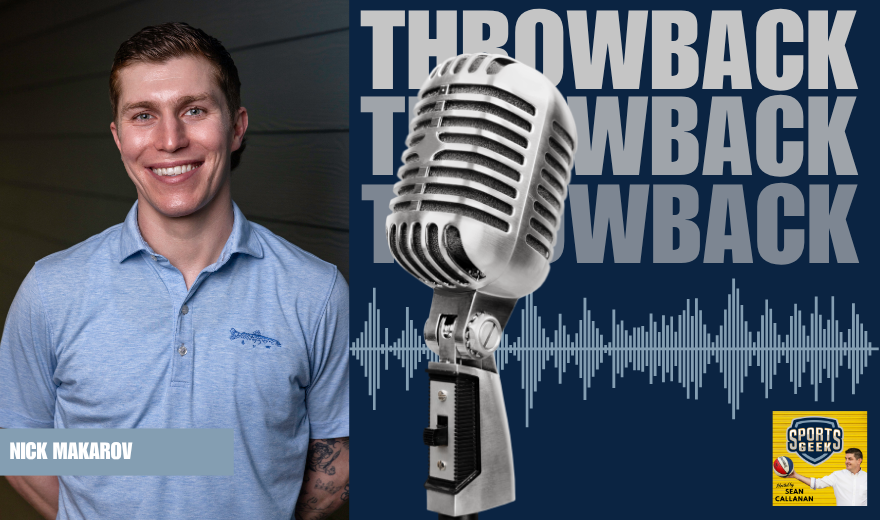This transcript has been lightly edited by AI
Sean Callanan: I guess, engineering resources and the fact that the developments in AI and pair programming and talking to a Claude or a cursor to help you do something. The cost of effectively an engineer is going down, whether that's because of these tools or your current team can take on some of those things. How do you start some of those smaller projects to show that those wins to do that storytelling to say, hey, here's what we can do, if we free ourselves up or have a resource that is actually maximized by using some of these tools.
Nick Makarov: Yeah, it's a great question, especially. I think the engineer conversation happens hand in hand with the warehousing Lake housing conversation. Cause it's like, no matter what your opinions are at the end of the day, you are either tasking your existing team with learning data engineering or you're hiring a data engineer and both are costly in different ways. Right. Like I think every BI teams in the business of finding new time, which is very hard to do. so you do have to lean on on some of those resources that are out there now.
Just in the AI space. think we were a little AI averse, honestly, call it a year or two ago, because just so many products were rushed to market. It almost felt like, you your computer gets a virus because you download limewire back in the day and you get nonstop windows popping up. That's kind of what like AI vendors felt like a year or two ago. So we just because we go through such an arduous like vendor vetting process, we're like, let's let's take a deep breath and what we feel like.
The use cases will present themselves to us. And I think an easy one is is Tableau Pulse, right? A tool that we're using already adds an AI feature that's like, okay, we're gonna build these like simple mobile dashboards for you just using AI technology, right? And Tableau's got, you're building your desktop version and then you have to double check the mobile version too. like, like leaning on Tableau Pulse for a quick win like that, all you're waiting for then is,
The president to say like, hey, this is actually really nifty. How are you doing this? You're like, boom, hook, line, sinker. Let's talk about AI. Let's talk about how much it costs. Let's talk about what it replaces, right? And I do think visualization is, I think, in my own opinion, the space that's most ripe in sports business for the AI usage, just because
Every stakeholder has got a different approach. It's tough to build a dashboard that has the exact right filters for everybody. And if you do build that dashboard, it's massive in size and compute. Right. So I think that I'm bullish on AI and the visualization space. And then honestly, it's like, when it comes to engineering, I I do think every BI team would want a data engineer on staff. But really like just as simple a use case as,
Being given those keys to view and or edit an ETL job, a data cleaning job, and putting that code into chat GPT and being like, hey, we actually want to accomplish this with the clean. We want to add a column. We want to present the data this way instead. That usually gets you across the line, right? So it's understanding what a full-time or part-time data engineer can get you against what open-sourced AI tools can get you on the fly.
Sean Callanan: Yeah, absolutely. I mean, it is a case of, you know, if it gets you 90%, you still need the knowledge to be able to debug and fix it and that kind of stuff. it's, you know, we're not quite in a no code world, but someone who knows how to code can apply those tools and, you know, productivity and those kinds of things. So think it's always exciting. And I agree that that visualization piece that, you know, how far are we away from, you know, your exec saying, I want this and… the tool or the mesh up of, as long as you've got your data infrastructure, it can present that piece. Wonder how far away we are from that

